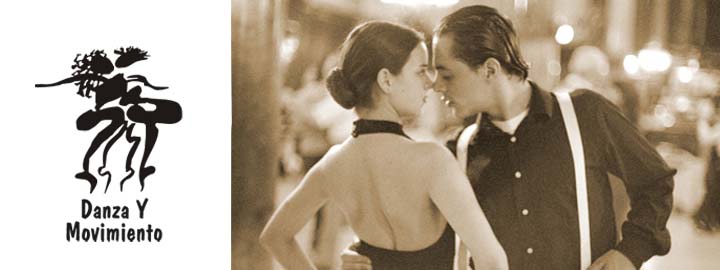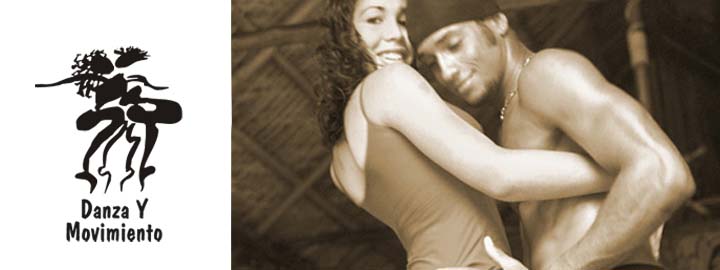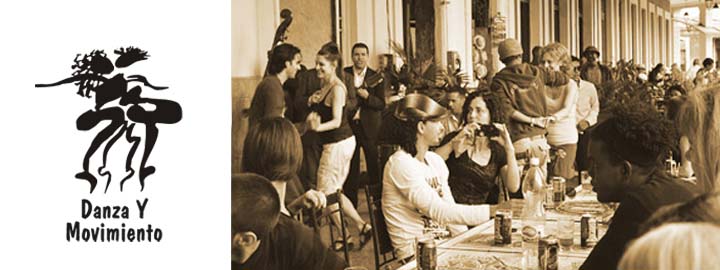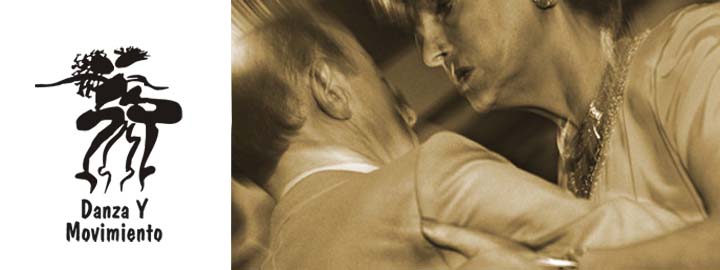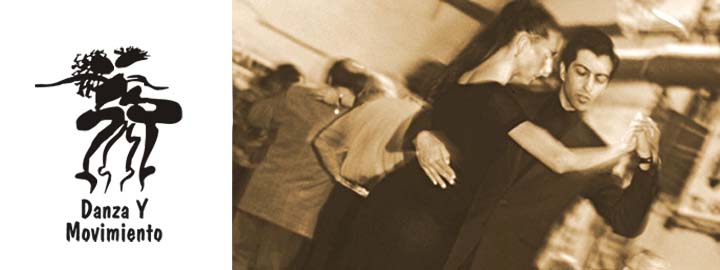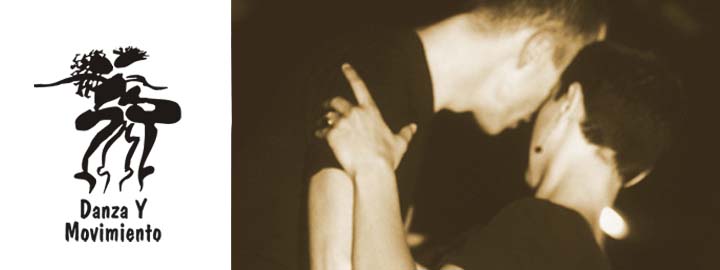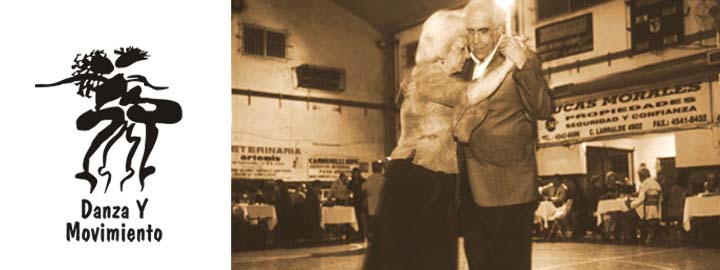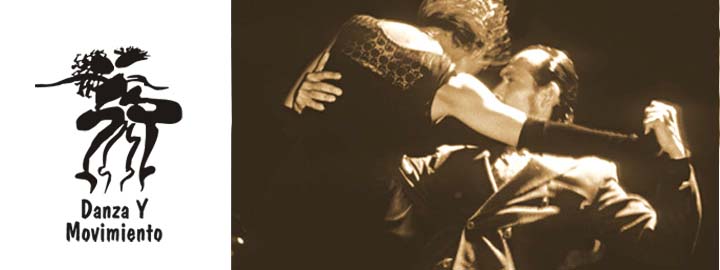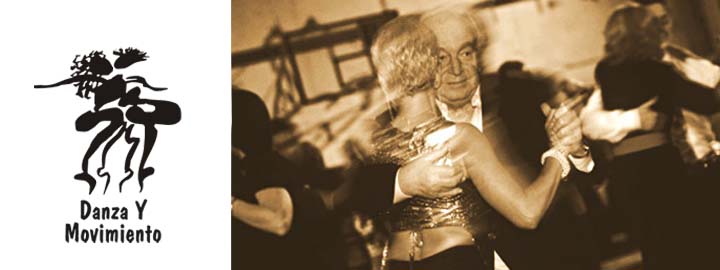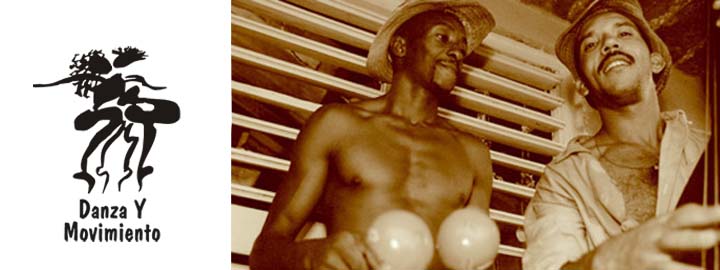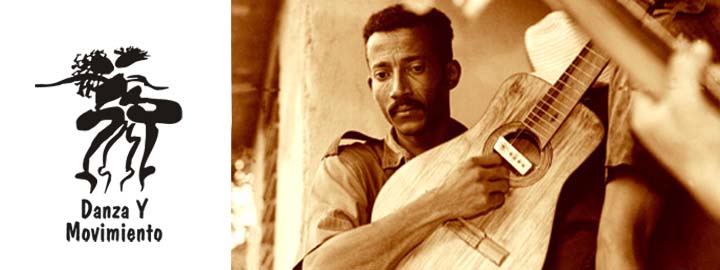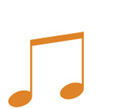Rivera, Blas
Ojala Que Me Escuche
Genre: Tango: NeotangoLabel: DYM Laufzeit: 57 min.
Code: dz005004
EAN: 4024236050048
Ausführliche Trackinfos und Kommentare unten
Dieses Album kann auf Anfrage im WAV-Audioformat geliefert werden
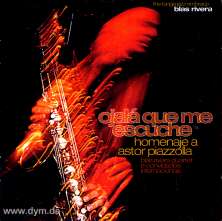







Detailinfos zu den Titeln
1 - Michelangelo 70Blas Rivera
Duration: 03:32
Genre: Tango nuevo
Instrumental:
Composer: Astor Piazzolla
Author:
Publisher: n/a
Record year: 20051010
Country: DE
ISRC: DEN720500742
2 - OblivionBlas Rivera
Duration: 04:25
Genre: Tango nuevo
Instrumental:
Composer: Astor Piazzolla
Author:
Publisher: n/a
Record year: 20051010
Country: DE
ISRC: DEN720500743
3 - FugattaBlas Rivera
Duration: 04:41
Genre: Tango nuevo
Instrumental:
Composer: Astor Piazzolla
Author:
Publisher: n/a
Record year: 20051010
Country: DE
ISRC: DEN720500744
4 - Adios NoninoBlas Rivera
Duration: 07:43
Genre: Tango nuevo
Instrumental:
Composer: Astor Piazzolla
Author:
Publisher: n/a
Record year: 20051010
Country: DE
ISRC: DEN720500745
5 - Chiquilín de BachínBlas Rivera
Duration: 04:42
Genre: Tango nuevo
Instrumental:
Composer: Astor Piazzolla
Author:
Publisher: n/a
Record year: 20051010
Country: DE
ISRC: DEN720500746
6 - Bayres 72Blas Rivera
Duration: 05:02
Genre: Tango nuevo
Instrumental:
Composer: Astor Piazzolla
Author:
Publisher: n/a
Record year: 20051010
Country: DE
ISRC: DEN720500747
7 - LibertangoBlas Rivera
Duration: 04:36
Genre: Tango nuevo
Instrumental:
Composer: Astor Piazzolla
Author:
Publisher: n/a
Record year: 20051010
Country: DE
ISRC: DEN720500748
8 - Ojalá que me escucheBlas Rivera
Duration: 05:52
Genre: Tango nuevo
Instrumental:
Composer: Blas Rivera
Author:
Publisher: Ediciones La Palmera
Record year: 20051010
Country: DE
ISRC: DEN720500749
9 - Otoño porteñoBlas Rivera
Duration: 05:04
Genre: Tango nuevo
Instrumental:
Composer: Astor Piazzolla
Author:
Publisher: n/a
Record year: 20051010
Country: DE
ISRC: DEN720500750
10 - La muerte del ángelBlas Rivera
Duration: 03:38
Genre: Tango nuevo
Instrumental:
Composer: Astor Piazzolla
Author:
Publisher: n/a
Record year: 20051010
Country: DE
ISRC: DEN720500751
11 - Vuelvo al surBlas Rivera
Duration: 03:44
Genre: Tango nuevo
Instrumental:
Composer: Astor Piazzolla
Author:
Publisher: n/a
Record year: 20051010
Country: DE
ISRC: DEN720500752
12 - Balada para un locoBlas Rivera
Duration: 04:08
Genre: Tango nuevo
Instrumental:
Composer: Astor Piazzolla
Author:
Publisher: n/a
Record year: 20051010
Country: DE
ISRC: DEN720500753
Reviews
Review : Corina Oosterveen
Eine Hommage an das Vorbild des Tango Nuevo, Astor Piazzolla, ist diese vierte CD des argentinischen Kosmopoliten und Saxofonisten Blas Rivera, diesmal also nur ein Titel aus seiner Feder. Überraschend, denn unter Insidern gilt Rivera als DER Nachfolger Piazzollas, hier beschäftigt er sich mit dessen Kompositionen. Aufgenommen wurde in internationaler Besetzung und hoher Qualität mit neun Gästen aus Brasilien, England, Uruguay, Frankreich, USA und Italien. - Insofern erweitert oder verringert sich das B. Rivera Quartet (Piano, Violine, Bandoneon, Sax) je nach Stück auf (E-)Gitarre, Schlagwerk, K-Bass, Gesang, Violincello, Altsax, Synthisizer u. Ä., so dass jedes Stück ein eigenes besonderes Arrangement darstellt, dem sich das Sax unterstellt (Rivera beutet Gäste und Piazzolla nicht aus, sondern verwandelt neu). Dies macht die CD so wunderbar durchgängig hörbar und teilweise wirklich überraschend. Die "alten" berühmten Hits wie Michelangelo, Libertango werden neu erfahren, regen zum neuen Verständnis an (wie auch hier die mir bekannte beste "el loco"-Aufnahme): Wer Piazzolla, den Klang eines meisterlich gespielten Sax oder einfach "saugute" Musik schätzt, wird diese CD lieben.
(Corina Oosterveen für das Magazin Folker)
Corina Oosterveen, 20060109
Review : Jazzthing
Er sitze zwischen allen Stühlen, sagt der in Rio lebende Argentinier Blas Rivera. Die Jazzer vermissten in seiner Musik die Dominanz improvisatorischer Anteile, die Tango-Fraktion hielte nichts von einem Saxofon in ihren Reihen, die Klassiker schliesslich sähen sein Instrument als "minderwertig" an. Nun, da geht es ihm wohl nicht anders als seinem großen Vorbild, das unter strengen Puristen auch nicht wohl gelitten war. Die Rede ist von Astor Piazzolla, dessen Kompositionen Rivera jetzt ungewohnt aufbereitet hat. Es ist faszinierend, in Riveras Arrangements die Oberton-Korrespondenzen und -Dissonanzen zwischen Tenorsax und Bandoneon zu verfolgen. Es ist zudem überraschend, was der Bläser aus einigen bekannten Piazzolla-Nummern gemacht hat. "Libertango" beispielsweise kommt mit brassbandartigen Bläsersätzen daher, dazu ertönt irgendwann ein santanaeskes E-Gitarrensolo. Beeindruckend auch, wie Rivera in seinen getragenen Soli genau den unpathetischen (und dabei doch so berührenden) Ton seines Idols trifft. Der Tenorsaxofonist ist zweifellos ein würdevoller und würdiger Nachfolger Piazzollas.
joe
Jazzthing, 20060202
Review : Hans-Jürgen Lenhart in der Jazzthetik 02-0
Blas Rivera fühlt sich nach eigenen Aussagen als ein Musiker, der immer zwischen den Stühlen hockt: Die Tangomusiker mögen sein Saxofon nicht, die Jazzer finden, er improvisiere zu wenig, und die Klassiker sagen, er improvisiere zu viel. Solche Leute sind gemeinhin aber immer noch die interessantesten. Im Tango war es die unkonventionelle Verbindung mit Jazz und Klassik durch Astor Piazzolla, die diese Musik in den 80ern wieder zu neuer Blüte führte. So ist es kein Wunder, dass Blas Rivera diesen Pionier auf seine Weise hier ausladend interpretiert. Oft hat er dabei etwas Lyrisches, erinner eher an Nino Rotas Filmmusiken als an den puren Tango-Gestus. Immer wieder umspielen und umschlingen sich Saxofon, Bandoneon, Klavier, Violine und Cello auf barocke Weise. Dann ist auch mal ein Trauermarsch dabei, später dagegen ein Stück mit hektischer Rhythmik. Wäre diese elektronisch generiert, müsste man es wohl Drum'n'Bass nennen. Dazwischen tauchen Duette auf, eines davon zeigt die spanischen Einflüsse des Tangos. Und zum Schluss kreuzt gar ein kakophonischer Tango einen Walzer. Rivera nennt seine Musik ein "Bastard-Salat". Damit hat er wohltuend Recht.
Hans-Jürgen Lenhart in der Jazzthetik 02-0, 20060202
Review : Evolution Music
Blas Rivera è nato in Argentina e lì ha trascorso i primi anni di vita fino all'adolescenza, si è poi trasferito a studiare negli Stati Uniti ed ora vive in Brasile: i suoi antenati sono spagnoli, francesi e italiani ma c'è anche del sangue arabo ed ebraico che circola nelle sue vene. Ha parenti greci ed armeni, suona un sax francese, un pianoforte tedesco e con un pc giapponese. Il suo primo amore musicale è stato il tango, poi si è dedicato al jazz e si è innamorato della bossa nova. I jazzisti dicono che la sua musica non è jazz perché non c'è abbastanza improvvisazione ed i tangueri sono spesso preoccupati da cosa possa costruire un sax insieme ai loro bandoneon: la miscela di razze, ritmi, aromi e colori lo ha reso un eterno immigrante, capace di assimilare quanto di meglio proponesse ciascuna cultura abbia incontrato ed è proprio questa miscela che rende unici i suoi tango e le sue milongas. Ancora giovane ha avuto l'opportunità di assistere ad un concerto di Astor Piazzolla durante una sua tournèe in Brasile e, folgorato dalle musiche del geniale innovatore del tango, ha capito che quella era la sua strada e da quel giorno il suo sax è diventato una specie di bandoneon a fiato... "Ojalà Que Me Escuche - Homenaje a Astor Piazzolla" è un album speciale che per la prima volta vede impegnato Blas Rivera in uno splendido omaggio al grande compositore interpretato dal suo quartetto, anche composto da Eduardo Janibelli (piano), Ana de Oliveira (violino) e Oldimar Caceres (bandoneon), insieme ad una serie di ospiti d'eccellenza come l'argentino Pablo Ziegler, per anni pianista al fianco dello stesso Piazzolla. Un album che non mancherà di sorprendere piacevolmente gli amanti di tango e jazz
Evolution Music, 20060210
Review : Jazzthetik
Blas Rivera, according to himself, feels like a musician who is always caught between two stools: The Tango musicians don?t like his saxophone, the Jazzers think, he doesn?t improvise enough, and the classics say, he improvises too much. Still, these people are usually the most interesting. In the case of Tango, the unconventional combination of Jazz and classic by Astor Piazzolla made this music flourish again in the 1980s. Not surprisingly, Blas Rivera interprets his pioneer in his own expressive way. Often, the result is somehow lyrical, rather reminding of Nino Rotas soundtracks and not following the pure Tango air. Again and again, saxophone, bandoneon, piano, violin and cello swirl around and embrace each other in a baroque way. A funeral march also turns up, and later on pieces with more fast-paced rhythms. If this was generated electronically, one would have to call it Drum?n?Bass. There also appear some duets, one of them showing the Spanish influence on Tango. And in the end a cacophonic Tango mixes with a waltz. Rivera calls his music ?bastard salad?. And he is right in a pleasant way. (Jazzthetik)
Jazzthetik, 20060215
Review : Jazzthing
He is always caught between two stools, says the Argentinian Blas Rivera who lives in Rio. The Jazzers miss the dominant improvisational parts in his music, the Tango faction doesn?t appreciate the saxophone in the line-up, the classics, finally, regard his instrument as an inferior one. Well, this is not much different to the case of his model, who was neither accepted amongst the rigid purists. We are talking about Astor Piazzolla here, whose compositions have been elaborated in an unusual way. It is fascinating how Rivera?s arrangements follow the overtone correspondences and dissonances between the tenor sax and the bandoneon. Besides, it surprises what the wind player created out of some well-known Piazzolla pieces. "Libertango", for example, turns up with some brassband-like movements, which are accompanied at some stage by a diabolic electronic guitar solo. It is also impressing that Rivera meets the unpretentious (and at the same time moving) tone of his idol with his solemn soli. The tenor saxophone player is undoubtedly a dignified and worthy successor of Piazzolla. (Jazzthing)
Jazzthing, 20060215
Review : Corina Oosterveen for the Magazin Folker
Being an hommage to the model figure of Tango Nuevo, Astor Piazzolla, this fourth CD by the Argentinian cosmopolite and saxophone player Blas Rivera only contains one title written by himself. This is quite surprising, because insiders know Blas Rivera as THE successor of Piazzolla, and here he deals with Piazzolla`s compositions. The high quality CD was recorded with an international band and nine guests from Brazil, England, Uruguay, France, the USA and Italy. Thus, the B. Rivera Quartet (piano, violin, bandoneon, sax) is amplified or reduced depending on the title to (e-) guitar, drums, double bass, voice, cello, alto saxophone, synthesizer or the like, so that every track constitutes a special arrangement to which the sax subordinates itself (Rivera doesn?t exploit guests and Piazzolla, but transforms). This creates a CD one can listen to wonderfully from start to finish and which really surprises. The ?old? hits like Michelangelo, Libertango are experienced in a new way, provoke a new understanding (just like the best ?el loco? recording I know): If you appreciate Piazzolla, the sound of a virtuoso playing sax, or simply ?bloody good? music, you will love this CD.
[Corina Oosterveen für das Magazin Folker)
Corina Oosterveen for the Magazin Folker, 20060215
Review : Berthold Klostermann für Stereo
Hoffentlich hört er mich!", so lautet der Titel der jüngsten Folge von Blas Riveras Projet "Tango Jazz Embrace" auf deutsch. Gemeint ist Astor Piazzolla. Der wäre vermutlich angetan von den Interpretationen seiner Stücke durch den in Brasilien lebenden Argentinier, der den Tango auf dem Tenorsaxofon bläst und so die Jazzanteile in Piazzollas Musik umso deutlicher hervorkehrt. Nach mehreren Alben mit eigenen Kompositionen wagt Rivera sich an ein knappes Dutzend Klassiker seines grossen Vorbildes heran und kann dessen langjährigen Pianisten Pablo Ziegler als Gast gewinnen.
Musik-Check: ++++
Hifi-Check: ++++
Berthold Klostermann für Stereo, 20060220
Review : Tango Reporter März 2006
Blas Rivera es un saxofonista argentino que como él mismo declara, estudió en EE-.UU., vive en Brasil y tiene, abreviando su curriculum, sangre española, francesa, italiana, mora, judía, griega, armenia y suiza. Sintiéndos desarraigado en esos países, cree que esa mezcla de razas, culturas y ritmos hacen que su música sea una "ensalada bastarda". Puede ser que esto haya influido en su música, pero si queda claro que lo mejor del disco es la interacción que logran violín (Ana de Oliveira) y bandoneón (Oldimir Cáseres), y en algunos surcos - Michelangelo 70, Fugatta, La muerte de ángel - la presencia de Pablo Ziegler (pianista invitado). Es de lamentar, a pesar de que cada músico tiene derecho a elegir su repertorio, que una vez más, y como si ya no fuera poco, se vuelva a grabar un disco entero con la música de Piazzolla. Por qué nadie graba un disco entero con la música de Manzi, Cobián, o Troilo? Acaso no esán a la altura de Piazzolla?
Tango Reporter März 2006, 20060603
Review : Ecos
Blas Rivera, el saxofonista argentino con influencias de la música clásica, rock, pop y jazz, interpreta en este álbum, junto con su cuarteto, 11 composiciones del maestro Astor Piazzolla. Además, incluye una composición propia dedicada a Piazzolla: "Ojalá que me escuche". En el disco colaboran excelentes músicos, como el pianista argentino Pablo Ziegler o los brasileños Marcos Suzano y Yamandú Costa, entre otros. Un álbum de tango enriquecido por la fusión de ritmos de jazz y de los sonids del saxofón, violín, piano, contrabajo, bateria y guitarra.
Ecos, 20060823
DyM Blog
-
Die frühen Jahre des Osvaldo Fresedo
18. 02. 2025
In diesen Tagen erscheinen neun Alben, die sich exklusiv mit den frühen Aufnahmen von Osvaldo Fresedo beschäftigen. Manches wird hier zum ersten Mal seit mehr... -
Gut Tango tanzen mit urheberrechtsfreier Musik
12. 11. 2024
Wer in Veranstaltungen und/oder Kursen Musik spielt, die frei von Urheberrechten ist, braucht dafür nichts zu zahlen. Danza y Movimiento verfügt über ein Paket... -
Noten für Tango und andere Rhythmen
18. 07. 2024
Endlich gibt es bei „Danza y Movimiento“ Notenausgaben für Tango, Jazz, Bolero, Bossa und moderne Klassik. Die Werke wurden teilweise für Soloinstrumente...
